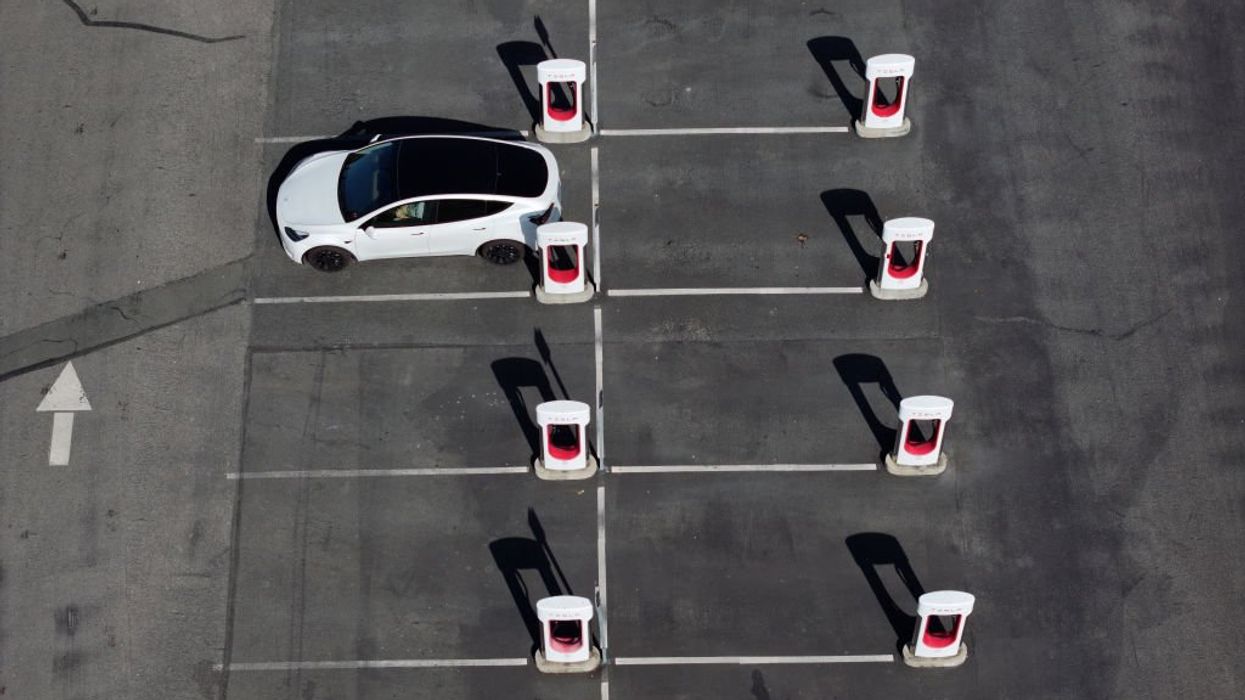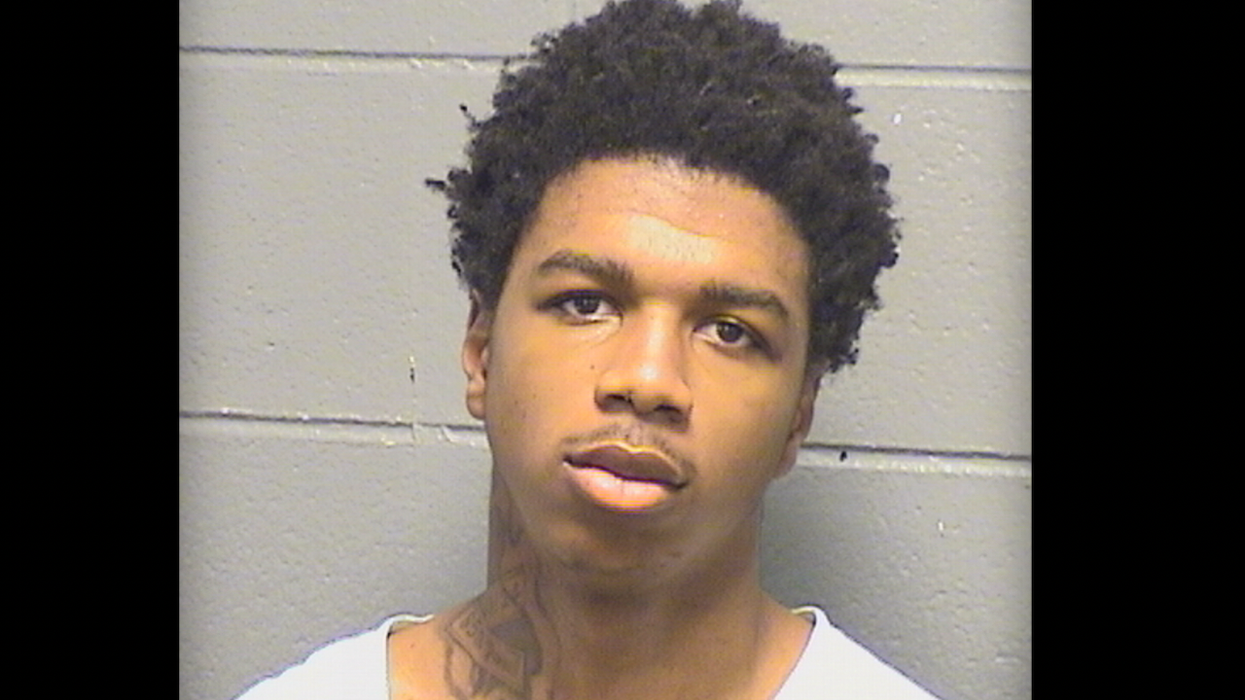The Office of the Director of National Intelligence issued a report Monday that said 12 former Guantanamo Bay prisoners returned to the battle; up from six that the ODNI had estimated in a July 2015 report.
Nevertheless, the findings ultimately give the Obama administration confidence in pursuing plans to close Gitmo and move the remaining prisoners elsewhere, said White House press secretary Josh Earnest, who tried to put the findings in a positive light.
“I’ve been briefed on the report. I haven’t seen it myself. My understanding is the conclusions of the report are that the percentage of Gitmo detainees that are confirmed to have reengaged in the fight is actually below 5 percent,” Earnest said. “That is a testament to the kinds of policies that this administration put in place on the president’s second day in office to carefully review, on a case-by-case basis, the status of individual detainees and to make careful decisions about what sort of security measures could be put in place if they were transferred to other countries, and, the fact that number is below 5 percent, people confirmed to reengage, I think is a pretty good indication of how successful those policies have been.”
 Camp Delta at the U.S. Detention Center in Guantanamo Bay, Cuba (Paul J. Richards/AFP/Getty Images)
Camp Delta at the U.S. Detention Center in Guantanamo Bay, Cuba (Paul J. Richards/AFP/Getty Images)
The ODNI report found that a dozen former Gitmo detainees are suspected to have returned to the battlefield for various militant groups. Just seven were confirmed to have reengaged in terrorism. This is out of the 144 prisoners released this Obama took office. The ODNI found in July that six were confirmed to have returned to the battlefield.
Obama plans to relocate 35 of the remaining 91 prisoners to other countries as one of his steps toward closing the prison. Others will be moved into U.S. maximum security and military prisons.
“In each case, the United States will negotiate with other countries to determine what sort of security measures should be put into place to mitigate the risk that they pose to the United States," Earnest said. "The secretary of defense has to sign off on each individual detainee base on the security precautions that are in place to limit that person’s ability to reengage in the fight. That’s a pretty high standard. It’s certainly one that gives the president confidence that pursuing this path and pursuing this policy is the right thing for our national security.”
The ODNI report also found that over the entirety of the Bush administration, 111 of the 532 released detainees returned to battle.
“When it comes to people we suspect of having reengaged, the only reason we suspect they have reengaged in the process is because we have a lot of insight into what they are doing and we are taking a close look based on those security measures into their activities and their actions and their engagements with other people,” Earnest continued. “These are individuals that continue to be monitored. We have mechanisms in place to mitigate the risk they pose to the American people.”

 Camp Delta at the U.S. Detention Center in Guantanamo Bay, Cuba (Paul J. Richards/AFP/Getty Images)
Camp Delta at the U.S. Detention Center in Guantanamo Bay, Cuba (Paul J. Richards/AFP/Getty Images)





